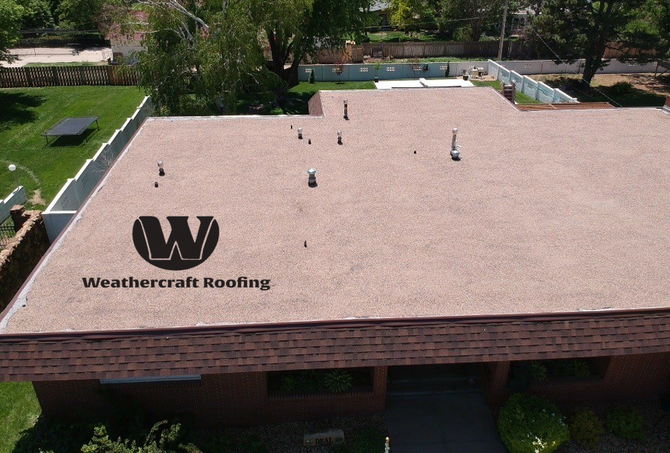The roof of your commercial property plays a critical role in its protection and energy efficiency. A well-built roof safeguards your building from weather damage, reduces maintenance costs, and can even cut down on energy expenses. This guide will help you understand the best roofing materials for your business and why quality roofing matters for the long term.
Assessing Your Commercial Roofing Requirements
Commercial roofs have unique requirements compared to residential roofs. Factors such as climate, building type, and business operations play a major role in determining the best roofing system. Whether you’re managing a warehouse, office, or retail space, identifying your specific needs will help you select the right roof for your property.
Top Commercial Roofing Materials
There are a few top roofing materials commonly used for commercial properties. Each comes with its unique advantages, depending on your needs and budget.
1. Metal Roofing
Metal roofs are a top choice for commercial buildings due to their durability and energy efficiency. Steel and aluminum are the most common materials used, offering resistance to harsh weather conditions and excellent leak prevention. The reflective nature of metal roofs helps keep buildings cooler, lowering energy bills.
Flat Roof Systems
Flat roofing systems are popular for commercial buildings due to their affordability and simple installation. These roofs are particularly suitable for buildings with contemporary architecture. Materials like TPO, EPDM, and PVC are commonly used, offering excellent waterproofing and insulation. Proper maintenance and drainage are essential for their longevity.
3. Shingle Roofing
While less common for large commercial buildings, shingle roofing can be an excellent choice for smaller commercial structures or buildings that require a more traditional aesthetic. Asphalt shingles are affordable, easy to install, and available in a variety of styles and colors, though they may not offer the same long-term durability as metal or flat roofs.
Roof Installation: Best Practices and Maintenance Tips
Once you've selected the right material for your commercial roof, the next step is installation. Hiring an experienced, licensed roofing contractor ensures the job is done correctly. Proper installation is crucial for preventing leaks and maximizing the lifespan of your roof.
Regular maintenance is also essential. Inspections should be done at least twice a year, especially after harsh weather events. Look for signs of damage, such as missing shingles, cracks, or pooling water. Cleaning gutters and removing debris can also prevent long-term damage and extend the life of your commercial roof.

The Importance of Investing in High-Quality Roofing
A good-quality roof is a sound investment. It offers protection from leaks that can cause expensive damage to your building and inventory. It also boosts energy efficiency, making your property more sustainable and lowering costs. A well-maintained roof can even increase your building's value and prevent costly repairs in the future.
Final Thoughts: Selecting the Best Commercial Roofer
Choosing the right roofing contractor is just as important as selecting the best materials. Look for a licensed, experienced roofer who understands commercial properties and can help you select the best solution based on your business needs. A great contractor will also guide you through the installation and maintenance process to keep your roof in top shape for years to come.
Looking to replace your commercial roof? Contact us for a free consultation, and we’ll help you choose the perfect roofing solution for your needs!
#CommercialRoofing #RoofingMaterials #BusinessProtection #MetalRoofing #FlatRoofing #RoofInstallation #EnergyEfficiency #RoofMaintenance